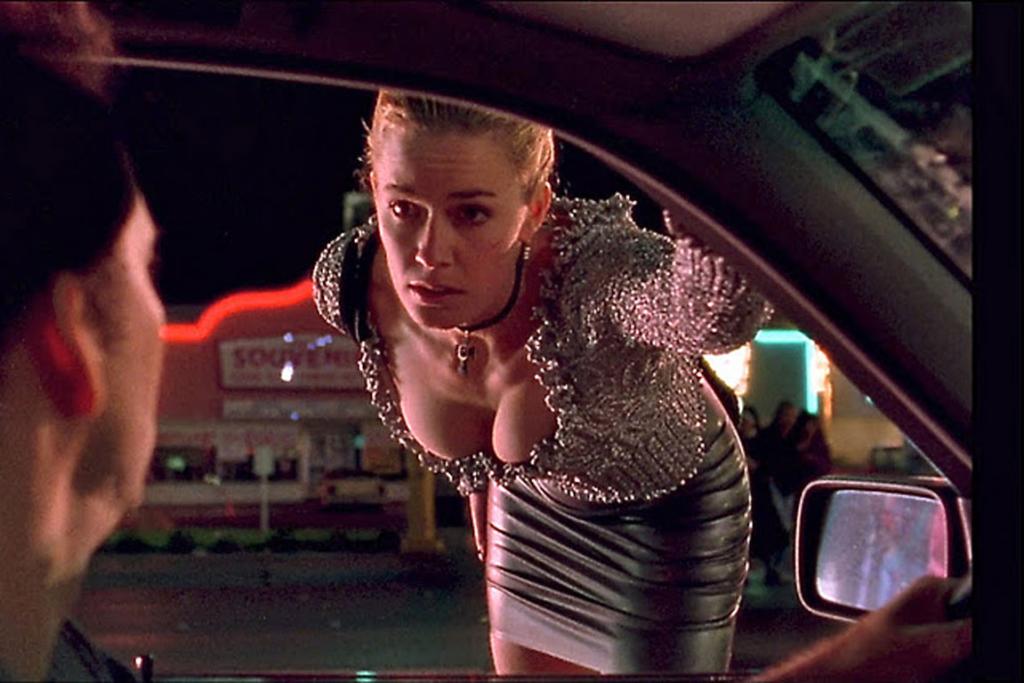Quick-hit movie reviews for the masses.
Mike Figgis's Leaving Las Vegas received overwhelming praise from critics upon release in 1995, with Roger Ebert even naming it the best film of the year. It's an extremely dark and harrowing portrait of a despondent man named Ben (Nicolas Cage) trying to drink himself to death in Vegas, while the age-old hooker with a heart of gold trope means that call girl Sera (Elisabeth Shue) falls in love with Ben, and works against increasingly difficult odds to try and save him from himself.
The central performances by Cage (who won an Academy Award for Best Actor) and Shue (who was nominated for Best Actress and really should've won) are exceptional, so it's unfortunate that Figgis chose to drape nearly every scene in the film with jazz standards (several sung by Sting and Don Henley), or bluesy laments. The score and soundtrack just feel overdone. It's a minor miracle Cage and Shue still register so effectively—and powerfully—given that the music is practically suffocating the life out of every scene.
Obviously then, I would like to have seen the film scored with a lighter touch, allowing more space for the performances to breathe, plus the final act's brutal gang rape of Sera feels gratuitous in the worst ways possible—as if it served only to make Sera suffer even more than she already was. These faults aside, Shue and Cage still shine throughout. It's horrific watching Ben attempt to drink himself to death, and Cage's manic-depressive performance makes it even more frustratingly heartbreaking. Both before and after Leaving Las Vegas, Hollywood never seemed to know what to do with the talented Shue, and that's a crying shame. She's the heart and soul of the film, and makes us understand that Sera isn't just trying to save Ben from himself; she's also trying to hold on, desperately, to the deep connection she feels for him because it's the first such connection she's felt for anyone in ages. A truly tour-de-force performance.

-screenshot.jpg)
Comments
Post a Comment